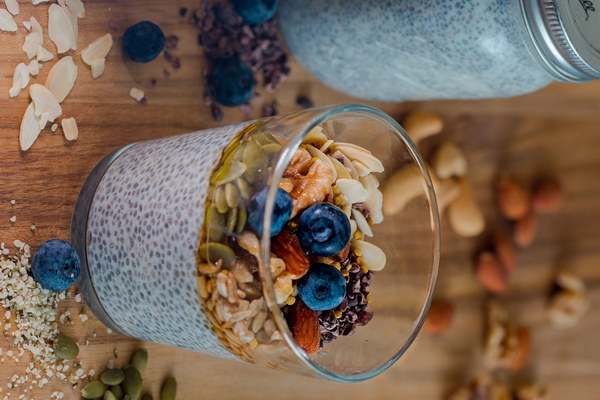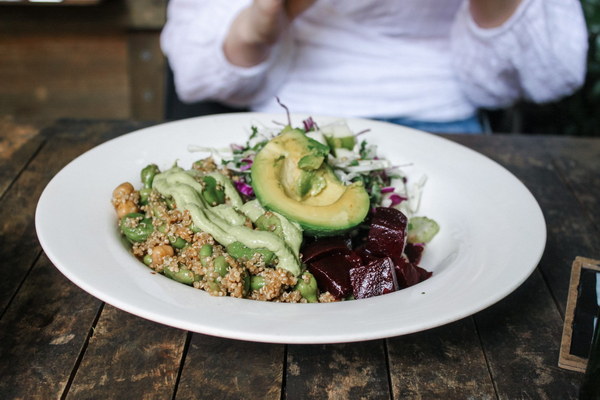Healing and Nurturing Your Stomach A Guide to Gastrointestinal Health
Introduction:
The stomach is a vital organ responsible for digestion, and maintaining its health is crucial for overall well-being. However, with the fast-paced lifestyle and unhealthy eating habits prevalent today, our stomachs often suffer. In this article, we will explore the knowledge behind healing and nurturing your stomach, offering insights and practical tips to promote gastrointestinal health.
I. Understanding the Stomach and Its Functions
1. The stomach's role in digestion
The stomach is a muscular organ that secretes digestive juices, including hydrochloric acid, enzymes, and mucus. These substances break down food into smaller particles, preparing them for absorption in the small intestine.
2. Common stomach issues
Several factors can harm the stomach, leading to conditions like gastritis, ulcers, and acid reflux. Stress, poor diet, and overuse of certain medications can contribute to these issues.
II. Foods That Heal and Nourish Your Stomach
1. Fermented foods
Fermented foods, such as yogurt, kefir, sauerkraut, and kimchi, are rich in probiotics. These beneficial bacteria help maintain a healthy balance of gut flora, reducing the risk of stomach problems.
2. Leafy greens
Leafy greens, such as spinach, kale, and collard greens, are high in antioxidants and vitamins that can protect the stomach lining from damage. They also aid in digestion and reduce inflammation.
3. Ginger
Ginger has been used for centuries to alleviate stomach discomfort. Its anti-inflammatory properties help reduce nausea and improve digestion.
4. Aloe vera
Aloe vera is known for its soothing properties. It can help heal stomach ulcers and reduce inflammation, promoting a healthy stomach lining.

III. Lifestyle Changes for Stomach Health
1. Regular meals
Eating regular, balanced meals helps keep your stomach healthy. Skipping meals or indulging in snacks can disrupt the digestive process and lead to stomach issues.
2. Mindful eating
Chewing your food thoroughly and eating slowly allows your stomach to better digest the food and reduces the risk of overeating.
3. Stress management
Stress can exacerbate stomach problems. Engaging in relaxation techniques, such as meditation, deep breathing exercises, or yoga, can help keep your stomach healthy.
4. Avoiding irritants
Certain foods and substances can irritate the stomach lining. It's important to avoid or limit alcohol, caffeine, spicy foods, and smoking.
IV. Supplements for Stomach Support
1. Probiotics
Probiotics are beneficial bacteria that can be taken as supplements to support gut health. Look for probiotic supplements with a high CFU (colony-forming units) count for the best results.
2. Prebiotics
Prebiotics are non-digestible fibers that feed the probiotics in your gut. Foods high in prebiotics include bananas, onions, garlic, and asparagus.
V. Conclusion
Maintaining a healthy stomach is essential for overall well-being. By understanding the functions of the stomach, incorporating healing and nourishing foods into your diet, adopting healthy lifestyle habits, and considering appropriate supplements, you can take steps to promote gastrointestinal health. Remember that it's important to consult with a healthcare professional before making significant changes to your diet or lifestyle.
Remember, the journey to healing and nurturing your stomach is a gradual process. Be patient, and stay committed to these practices for long-term benefits. Your stomach—and your body—will thank you.









